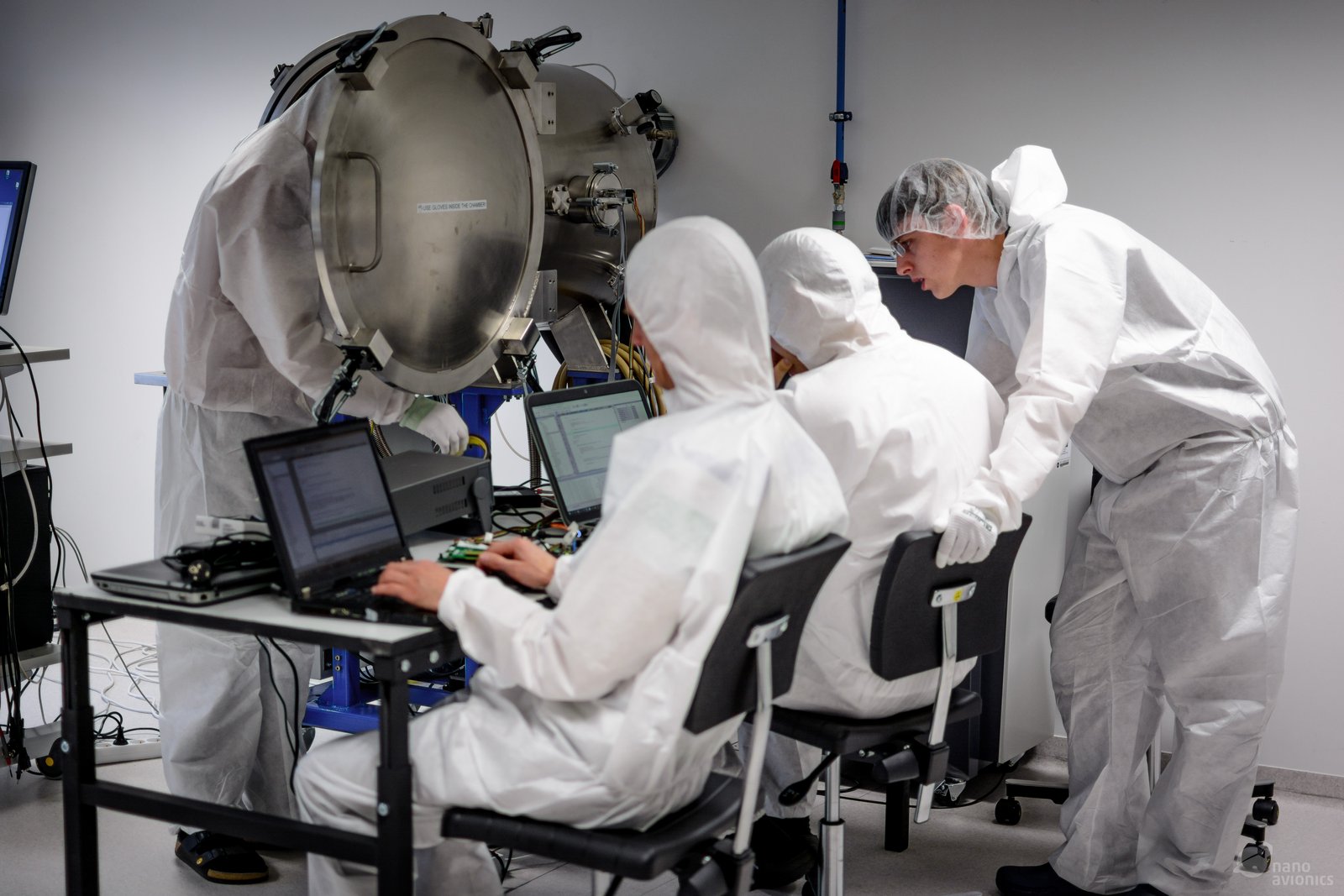

Bendrovės archyvas
The satellite was successfully launched shortly after 7 a.m. (Lithuanian time), NanoAvionics said on social media.
The launch is part of the QB50 project aimed at launching a group of small satellites to space to study the lower layers of the thermosphere. Led by the von Karman Institute in Belgium, the project involved scientists from 23 countries and about 50 universities for more than six years, VU said.
QB50 should launch 37 satellites.
The Lithuanian satellite stands out for being fueled by chemical fuel, which is tested for the first time on the tiny satellite.
The first Lithuanian satellites, developed by scientists of the Kaunas University of Technology (LitSat-1) and the Vilnius University (LituanicaSat-1) were launched in early 2014.
On March 31 morning, Minister of National Defence Dovilė Šakalienė announced that an M88 armoured…
I admit it: I’m not that type of person who follows domestic and international politics…
While Prime Minister Gintautas Paluckas does not take issue with the statements made by the…
Lithuanian economists are surprised to see our country's economic growth: the Estonian economy has been…
"The fate of Nemuno Aušra (Dawn of Nemunas) in the coalition has been decided; they…
Airvolve, a Lithuanian dual-purpose aeronautics company, has successfully completed its first round of testing and…